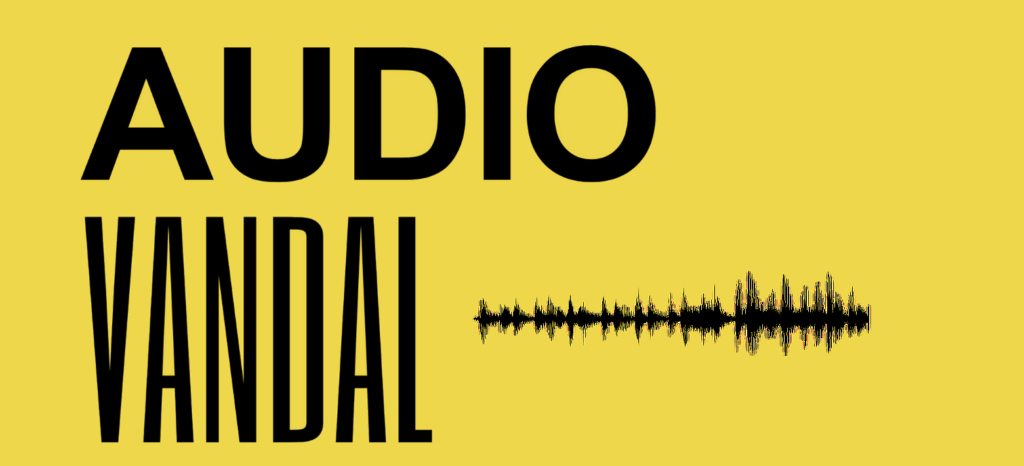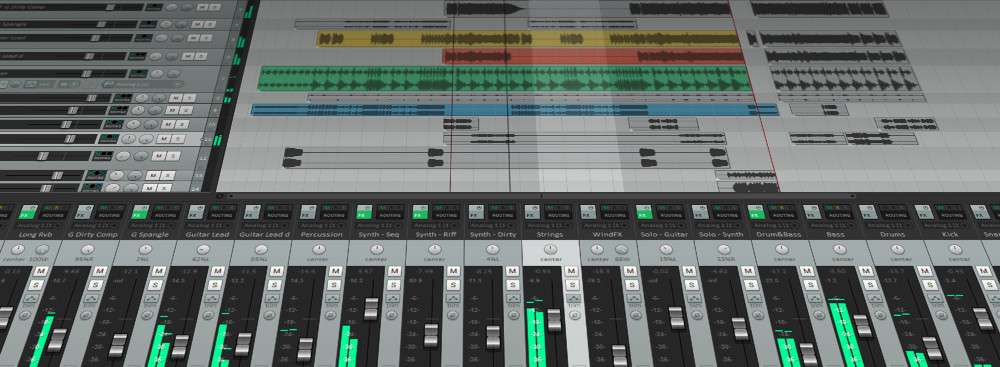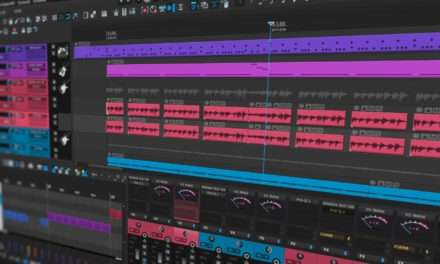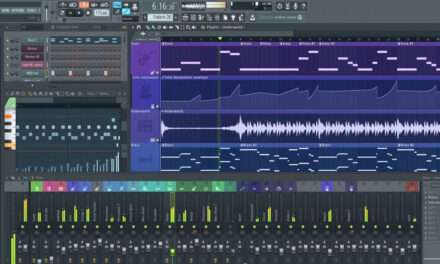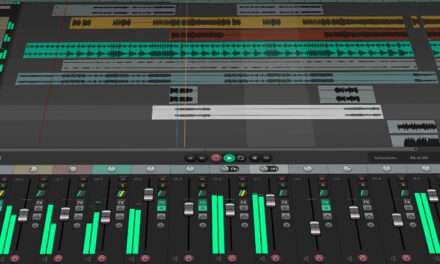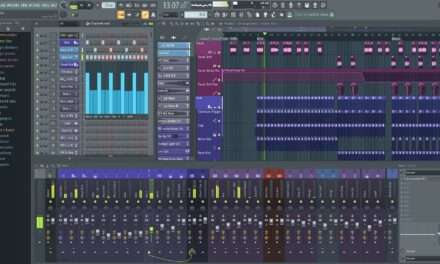In the world of digital audio workstations (DAWs), Reaper stands out as a unique success story. Unlike industry giants like Pro Tools, Logic Pro, or Ableton Live, Reaper wasn’t developed by a large corporation with massive resources. Instead, it was created by a small team of passionate developers who set out to build a DAW that was lightweight, affordable, and endlessly customizable. Over the years, Reaper has grown from a niche tool into a powerhouse DAW used by musicians, producers, and audio engineers worldwide. Let’s take a deep dive into the history of Reaper and explore how it became one of the most respected DAWs in the industry.
The Early Days: A Passion Project by Justin Frankel
Reaper’s story begins with Justin Frankel, a software developer best known for creating Winamp, the iconic media player that revolutionized digital music in the late 1990s. After selling Winamp to AOL in 1999, Frankel continued to work on innovative software projects through his company, Cockos Incorporated.
In the mid-2000s, Frankel and his small team at Cockos set out to create a new kind of DAW—one that prioritized efficiency, flexibility, and affordability. Their goal was to build a tool that could compete with established DAWs like Pro Tools and Cubase but without the bloat, high price tags, and restrictive licensing models.
Reaper was officially released in December 2006, and it quickly gained attention for its lightweight design, low system requirements, and unique pricing model. Unlike other DAWs, which often cost hundreds or even thousands of dollars, Reaper offered a discounted license for just 60andacommerciallicensefor60andacommerciallicensefor225. Even more impressively, Cockos provided free updates for years, ensuring that users always had access to the latest features.
The Rise of Reaper: A DAW for the People
From the beginning, Reaper was designed to be different. Here are some of the key factors that contributed to its rise:
- Lightweight and Efficient:
Reaper’s installer was just a few megabytes, and it could run smoothly on older or less powerful computers. This made it accessible to a wide range of users, from bedroom producers to professional engineers. - Customizable Interface:
Reaper’s interface was highly customizable, allowing users to rearrange windows, create custom toolbars, and even design their own themes. This level of flexibility was unheard of in other DAWs and made Reaper a favorite among power users. - Affordable Pricing:
Reaper’s pricing model was a game-changer. For a fraction of the cost of other DAWs, users got access to a fully featured, professional-grade tool. Cockos also offered a generous 60-day evaluation period, allowing users to try Reaper before committing. - Community-Driven Development:
Cockos actively engaged with its user base, regularly releasing updates based on community feedback. This collaborative approach helped Reaper evolve rapidly, with new features and improvements added frequently.
Key Milestones in Reaper’s Development
Over the years, Reaper has undergone significant updates and improvements. Here are some of the key milestones in its development:
- 2006: Reaper 1.0 is released, offering a lightweight, customizable DAW with support for VST plugins and basic recording/editing features.
- 2008: Reaper 2.0 introduces ReaScript, a scripting language that allows users to create custom actions and extensions.
- 2011: Reaper 4.0 brings a redesigned interface, improved MIDI editing, and support for Themes, allowing users to customize the look and feel of the DAW.
- 2015: Reaper 5.0 adds Track Templates, FX Chains, and enhanced video editing capabilities, making it a more versatile tool for multimedia projects.
- 2018: Reaper 6.0 introduces a modernized default theme, improved MIDI editing tools, and support for ARA2 (Audio Random Access), enabling tighter integration with plugins like Melodyne.
- 2023: Reaper continues to receive regular updates, with new features like native Apple Silicon support, Dolby Atmos rendering, and enhanced scripting capabilities.
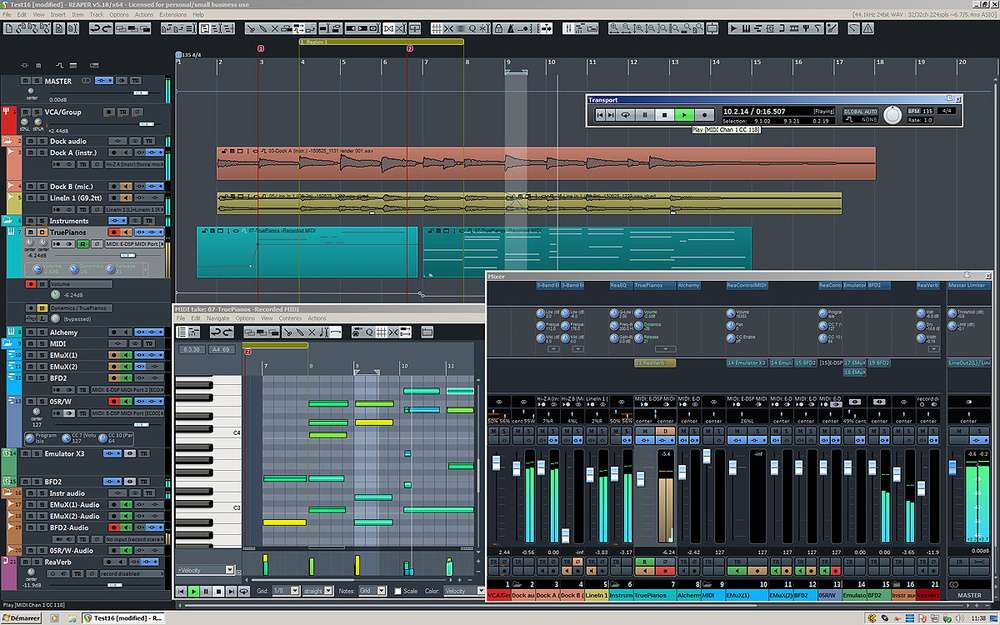
Reaper’s Impact on the Music Industry
Reaper’s influence on the music industry is undeniable. While it may not have the name recognition of Pro Tools or Logic Pro, it has earned a loyal following among musicians, producers, and engineers who value its flexibility, affordability, and efficiency.
- For Bedroom Producers: Reaper’s low cost and minimal system requirements make it an ideal choice for beginners and hobbyists.
- For Professional Engineers: Reaper’s powerful editing tools, customizable workflow, and support for third-party plugins make it a viable alternative to more expensive DAWs.
- For Podcasters and Voiceover Artists: Reaper’s efficient editing tools and lightweight performance make it a popular choice for audio post-production work.
Reaper has also become a favorite among live sound engineers, thanks to its low latency and stable performance. Its ability to handle complex routing and automation makes it a powerful tool for live mixing and performance setups.
The Future of Reaper
As of 2023, Reaper continues to evolve under the guidance of Justin Frankel and the Cockos team. The DAW’s development remains community-driven, with regular updates and new features added based on user feedback. Recent updates have focused on improving usability, expanding multimedia capabilities, and ensuring compatibility with the latest hardware and software.
One of the most exciting developments is Reaper’s support for Dolby Atmos, making it a viable option for immersive audio projects. This positions Reaper as a competitive choice for film, gaming, and spatial audio production.
Why Reaper Matters
Reaper’s success is a testament to the power of innovation, community, and a commitment to doing things differently. It’s a DAW that prioritizes functionality over flash, affordability over exclusivity, and customization over conformity. For many users, Reaper isn’t just a tool—it’s a philosophy, a way of working that empowers creativity and independence.
Whether you’re a seasoned professional or a beginner just starting out, Reaper offers a unique and rewarding experience. Its history is a reminder that great things can come from small beginnings, and its future is a testament to the enduring power of passion and innovation.
Final Thoughts
Reaper’s journey from a passion project to a globally respected DAW is nothing short of inspiring. It’s a DAW that proves you don’t need a massive budget or a corporate backing to create something truly special. If you haven’t tried Reaper yet, download the free trial and see for yourself why this underdog DAW has become a giant in music production.

